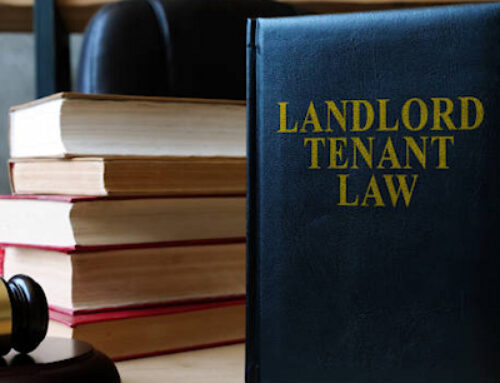A landlord’s guide to Right to Rent checks

New legislation commonly referred to as ‘Right to Rent checks’ came into force on 1st February 2016 and will affect many private landlords in Southend. In short, from this date onwards, landlords must check whether a prospective tenant has the legal right to rent a residential property in England before issuing a tenancy agreement. The rules apply to any tenant, including lodgers, who will be renting property as their “only or main home”. There are a small number of exceptions which are listed below.
Who has the right to rent in the UK?
A potential tenant has the right to rent if they are:
- A British citizen
- A citizen of a country in the EU or EEA
- A citizen of another country with no time limits on their permission to live in the UK.
Individuals who are not British citizens, EEA or Swiss nationals will have a time-limited right to rent if:
- They have valid leave to enter or remain in the UK for a limited period of time
- Or, they are entitled to enter or remain in the UK because of an enforceable right under the European Union law or any provision made under section 2(2) of the European Communities Act 1972.
As a landlord, you will not be liable for a civil penalty if you let to those with a time-limited right to rent in the UK. However, landlords should be aware it is their responsibility to conduct follow-up checks in order to avoid a penalty at a future date. What this means in reality is if a tenant’s visa expires before the tenancy agreement ends, the landlord is responsible for making sure the visa in question has been renewed. If a sitting tenant no longer has a right to rent, the landlord needs to notify the Home Office. Landlords are encouraged to report suspected immigration abuse online or by calling 0800 555 111.
What constitutes checking right to rent status?
A landlord will need to follow certain steps to ‘check’ a prospective tenant. They should:
- Establish who will live at the property
- Obtain a tenant’s original acceptable documents
- Check the documents with the tenant present
- Copy and keep the copied documents on file and record the date of the check.
Which documents are acceptable?
- UK passport
- EEA passport or identity card
- Permanent residence card or travel document showing indefinite leave to remain
- Home Office immigration status document
- Certificate of registration or naturalization as a British citizen
- Two readily available and easily accessible documents from a wide list – See link here:
The Home Office runs a free Landlords Checking Service which lists the documents tenants can use to prove they are living here lawfully. If someone does not have these documents, for example if they have an ongoing immigration application or appeal, the Home Office will undertake its own right to rent check.
Are there any exemptions?
There are certain exceptions to the new rules:
- Some accommodation provided by local authorities
- Student accommodation, where the student has been nominated by a higher education institution
- Hostels and refuges
- Company lets
- Holiday accommodation
- Second homes
Potential penalties
Landlords who fail to carry out the immigration checks required by the scheme could be made to pay a fine of up to £3,000 per tenant. You will not be liable for a civil penalty if you let to those with an unlimited right to rent in the UK.
Landlords are not expected to be immigration experts or to have specialist knowledge of immigration documents or visas. Anyone who is shown a false document will only be liable for a civil penalty if it is reasonably apparent it is false.
Currently, the only way landlords can escape liability for the these checks is to pay a letting agent to take over the responsibility, and agree to this in writing. If you are a landlord with property for rent in Southend and would like to discuss the new right to rent legislation, please call our Lettings team on 01702 447637 and we will be happy to offer you our professional, expert advice.
Marcus James is Lettings Manager at Pace, an independent Southend on Sea Letting Agent. He deals with every aspect of the property letting process, providing expert and candid advice together with tailor-made marketing plans for each property he lists for rental.
Marcus prides himself on ensuring our landlord clients get the best return in the right timeframe for their investments by conducting rental appraisals, letting viewings and oversees the running of the lettings department.








